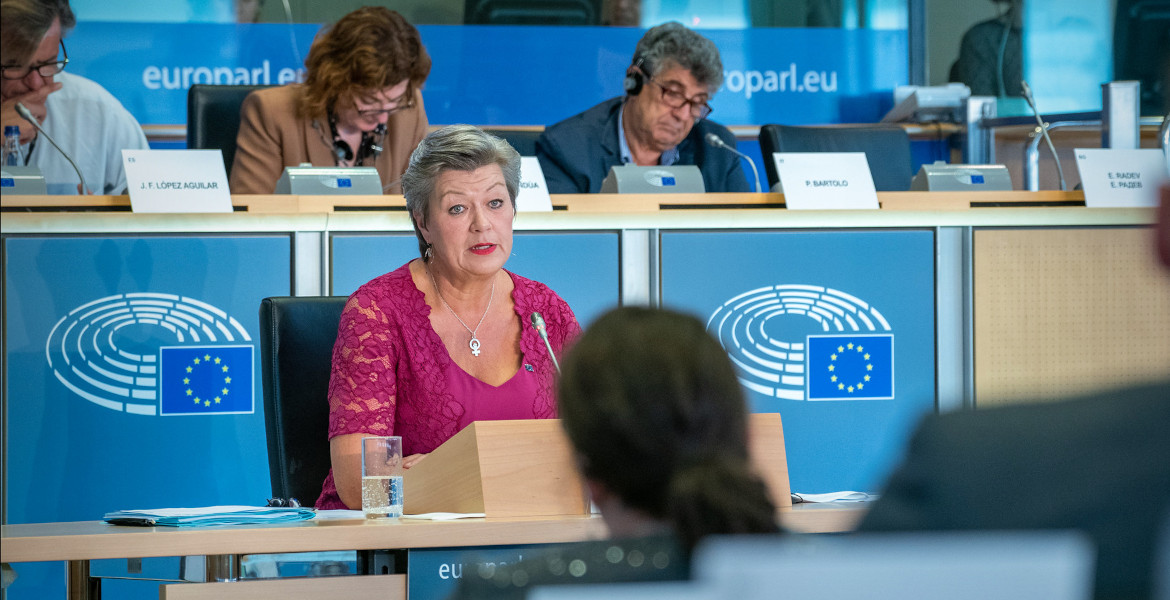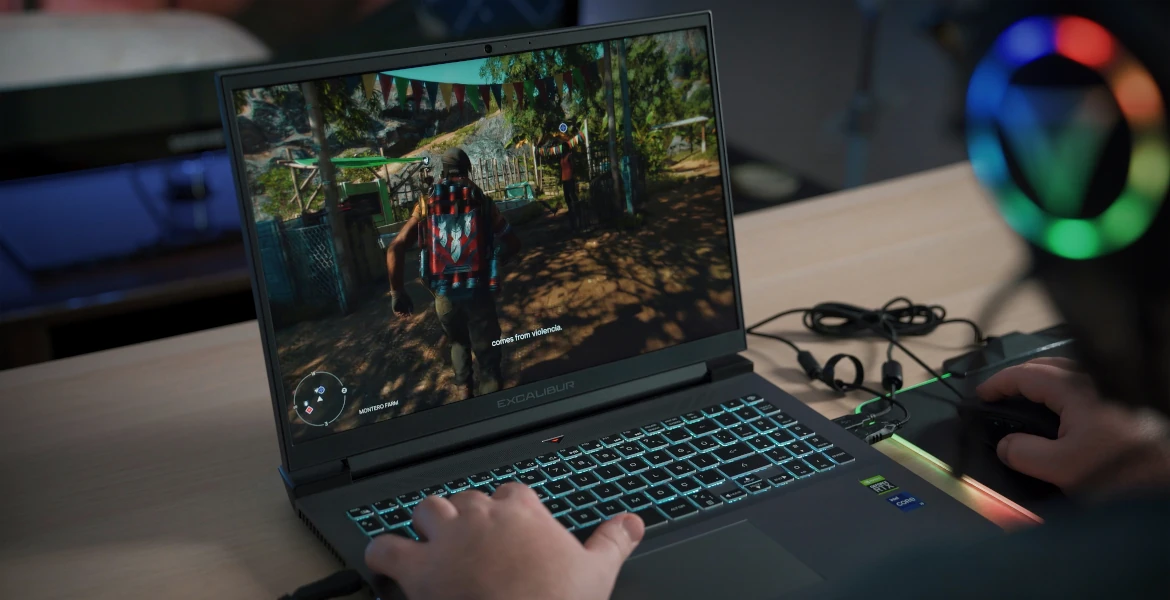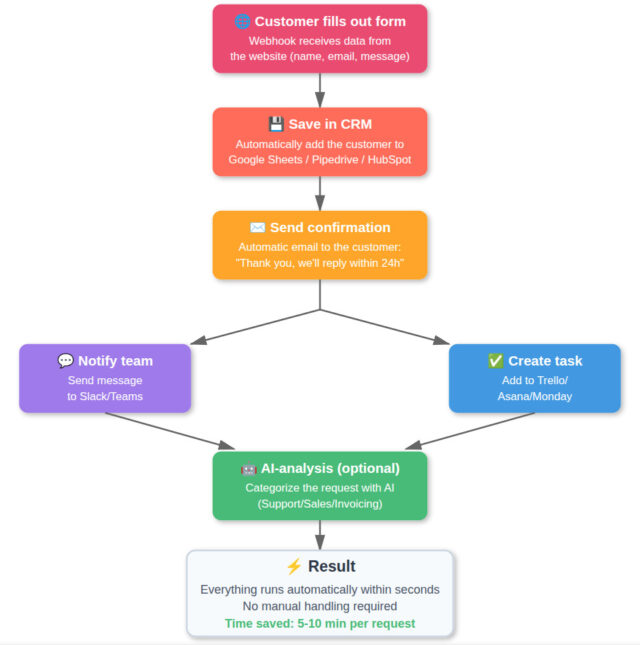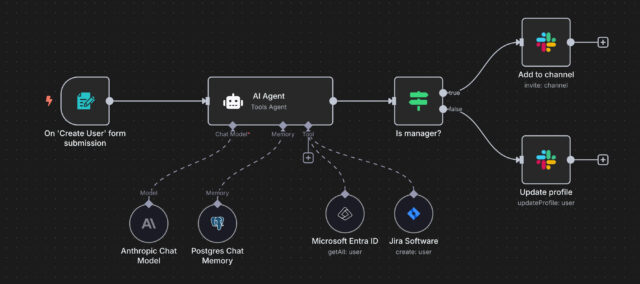When Microsoft ends support for Windows 10 on October 14, 2025, charities, businesses, and individuals, among others, will be faced with a difficult choice: continue using the operating system without security updates, switch to the controversial Windows 11 or the increasingly popular Linux, or discard fully functional computers.
For a long time, non-profit associations and organizations around the world have been collecting and refurbishing older computers that would otherwise have been discarded. The devices often come from companies replacing their IT equipment, but also from private individuals.
After refurbishment, the computers are donated to those in need, but as many of these are not Windows 11 ready, the impending death of Windows 10 poses a major problem, Sweclockers reports.
Running an operating system without security updates can leave computers extremely vulnerable to cyberattacks and phishing. Something that particularly affects people with limited technical knowledge.
Microsoft has fixed a large number of security flaws in Windows 10 and 11 in 2025 alone. IT security companies such as Sophos warn of the security risks that arise when operating systems no longer receive updates.
An alternative to Windows is the Linux operating system. Recycling is also a possibility, but this means that fully functional computers are lost.
Several associations and organizations state that they continue to install Windows 10 on refurbished computers despite this and for the time being, as they do not want to oblige customers to learn a new operating system.

Hundreds of attacks
Casey Sorensen, CEO of PCs for People - a non-profit organization that promotes digital inclusion by providing computers and the internet to low-income people and non-profit organizations in the United States - confirms that it is phasing out Windows 10 entirely and installing Windows 11 or Linux instead, depending on the capacity of the computer, Tom's Hardware reports.
–What we decided to do is one year ahead of the cutoff, we discontinued Windows 10. We will distribute Linux laptops that are 6th or 7th gen. If we distribute a Windows laptop, it will be 8th gen or newer.
–To put this in perspective... There were 57 vulnerabilities, 6 of which have already been abused by criminals before the fixes were available. There were also 57 in February and 159 in January. Windows 10 and Windows 11 largely have a shared codebase, meaning most, if not all, vulnerabilities each month are exploitable on both OSs. These will be actively turned into digital weapons by criminals and nation-states alike and Windows 10 users will be somewhat defenseless against them, said Casey Sorensen.
Extended support for a fee
Microsoft does offer an extended security update program called ESU, where users will continue to receive support and updates after October 2025, provided they pay $30 annually.
However, it is unclear how many organizations are willing to pay for the service. In addition, ESU is mainly available to businesses and not to individuals.
Although Microsoft will soon retire Windows 10, the operating system still has over 50 percent of the market. Many users are expected to continue using it after October, which could pose a significant security risk to millions of people.






